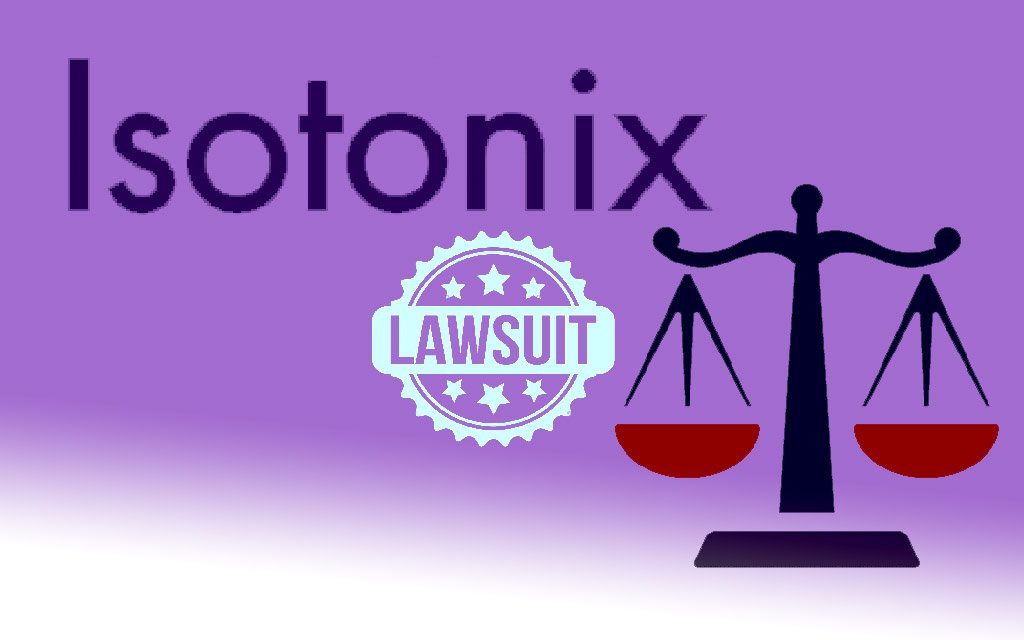The Smoothstack lawsuit has gained massive attention in the tech industry. Employees accused the company of unfair employment practices, wage violations, and restrictive contracts. The U.S. Department of Labor (DOL) also took legal action, exposing alleged labour law violations. Many workers claim Smoothstack trapped them with Training Repayment Agreement Provisions (TRAPs), forcing them into long-term commitments. The company denies wrongdoing, but the legal battle continues.
This article breaks down the lawsuit, key allegations, employee experiences, and potential impacts on the tech industry.
What is Smoothstack?
Smoothstack is a tech staffing and training company. It recruits individuals, trains them, and positions them at top corporations. The company markets its program as a career-boosting opportunity. However, many employees reported unethical practices that sparked legal action. Reports suggest that Smoothstack’s aggressive recruitment tactics targeted individuals seeking better job opportunities. Many trainees were recent graduates or career changers, hoping for a stable future in tech. The company’s promises appeared attractive, but the reality proved different for many.
Why Did Smoothstack Face a Lawsuit?
The lawsuit began after employees claimed they faced unfair working conditions. The DOL filed a case against the company and co-founder Boris Kuiper. The agency argued that Smoothstack’s contracts violated the Fair Labor Standards Act (FLSA). Employees allegedly earned below minimum wage due to hefty training repayment penalties. Many workers felt exploited, realizing they had little control over their careers. The legal action aims to address these concerns and hold the company accountable.
Read also:Sonos Class Action Lawsuit Labaton: Legal Battle and Consumer Concerns
The Shocking Allegations Against Smoothstack
1. Training Repayment Agreement Provisions (TRAPs)
Employees signed contracts requiring them to work 4,000 billable hours before leaving. This period equates to almost two years. Leaving early triggered repayment penalties as high as $30,000. Many workers felt financially trapped and unable to pursue other opportunities. Critics argue that these agreements functioned as modern-day indentured servitude. Employees had little bargaining power and risked massive financial burdens if they left.
2. Wage and Overtime Violations
Reports claim some employees earned less than the federal minimum wage. During training, they allegedly worked long hours without proper compensation. After training, their wages remained low despite working over 80 hours per week. The lawsuit aims to recover unpaid wages and overtime pay. Workers reported feeling overworked, exhausted, and frustrated. Some even claimed they had no option but to stay silent to avoid legal or financial consequences. The company’s pay structure raised concerns about labor exploitation.
3. Restrictive Agreements and Fear Tactics
Smoothstack’s contracts included broad non-disclosure and non-disparagement clauses. These agreements prevented employees from discussing their experiences. The company allegedly instructed workers to notify management before speaking with government investigators. The DOL sees this as interference with labor law enforcement. Employees feared retaliation if they spoke out. Some even stated that these clauses extended beyond employment, preventing them from discussing their experiences even after leaving the company. The lawsuit aims to challenge these restrictive agreements.
4. Misleading Job Promises
Many trainees joined Smoothstack, believing they would land high-paying tech jobs. Instead, they found themselves earning low wages in contracted roles. Companies like Accenture, Verizon, and CapitalOne hired these workers through Smoothstack. Employees felt deceived by misleading job placement promises. Many reported feeling stuck in roles far below their expectations. Some were placed in unrelated positions, contradicting the company’s initial claims. The lawsuit argues that these deceptive hiring tactics misled and disadvantaged workers.
Employee Stories: The Harsh Reality of Smoothstack
Former employee Justin O’Brien filed a class-action lawsuit in April 2023. He claimed the company forced workers into unfair contracts. During his training, he worked unpaid for three weeks. Once employed, he received only minimum wage despite working excessive hours. His experience mirrors many other workers’ stories. Many trainees felt betrayed by the company’s practices. Some left tech altogether, unable to handle the financial strain. Others endured months of underpayment, hoping for better prospects that never materialized.
Smoothstack’s Defense: What the Company Says
Co-founder Boris Kuiper defended the company’s policies. He stated that the repayment policy covers training costs. He argued that Smoothstack provides opportunities for unemployed or underemployed individuals. The company insists its model helps workers build long-term careers in tech. Kuiper emphasized that the agreements are transparent, though many employees disagree. The company’s legal team continues to defend its practices, claiming they are necessary for business sustainability. The ongoing lawsuit will determine whether these defenses hold up in court.
The Government’s Response
The DOL views Smoothstack’s practices as exploitative. It argues that the TRAPs and restrictive agreements violate labor laws. The agency is pushing for changes to protect employees and recover unpaid wages. Government officials stress that similar employment models must undergo scrutiny. Labor rights advocates support the DOL’s actions, calling for stricter regulations. The lawsuit could lead to broader reforms in the tech staffing industry, affecting many companies with similar policies.
More Legal Trouble for Smoothstack
Smoothstack faces another lawsuit from SkillStorm Commercial Services, LLC. The case, filed in September 2024, adds to the company’s legal struggles. Although details remain limited, the lawsuit increases pressure on Smoothstack. Legal experts suggest this could signal deeper issues within the company’s operations. The increasing legal challenges may impact its reputation and ability to secure future contracts. If Smoothstack loses multiple cases, its business model may undergo significant changes.
How This Lawsuit Impacts the Tech Industry
The lawsuit highlights growing concerns about tech staffing companies. Many firms use similar training contracts, raising ethical questions. If the court rules against Smoothstack, other companies may face scrutiny. Tech workers may also gain stronger protections against unfair contracts. The case could set a precedent, leading to policy shifts across the industry. Workers may demand more transparency and fairness in employment agreements. Advocacy groups continue pushing for legislative changes to prevent future labor exploitation.
The Connection to Federal Contracts
Smoothstack secured an $84 million subcontract from Accenture. The deal supports the U.S. Department of Education’s Office of Federal Student Aid. This raises concerns about public funds going to a company under legal investigation. Lawmakers and advocacy groups may call for more oversight. The government may need to reassess how it awards contracts to companies under legal scrutiny. Transparency in federal contracts remains a critical issue, especially when taxpayer dollars fund potentially unethical businesses.
What Happens Next?
The lawsuit is ongoing, and the outcome remains uncertain. If Smoothstack loses, affected employees may receive compensation. The tech industry could also see major changes in employment practices. Companies using TRAPs may need to rethink their contracts. Workers continue advocating for fairer labor conditions. Legal analysts predict that the case could drag on for months. The final ruling will determine whether Smoothstack must overhaul its employment practices.
Conclusion
The Smoothstack lawsuit exposes critical issues in tech staffing. Employees allege wage theft, unfair contracts, and deceptive job placements. The DOL’s involvement adds weight to these claims. The case could set a precedent for labor rights in the tech industry. If Smoothstack loses, similar companies may face increased scrutiny.
Tech workers should stay informed and cautious when signing contracts. The outcome of this lawsuit may shape the future of employment agreements across the industry. Labor rights advocates hope for stricter protections against exploitative contracts.


